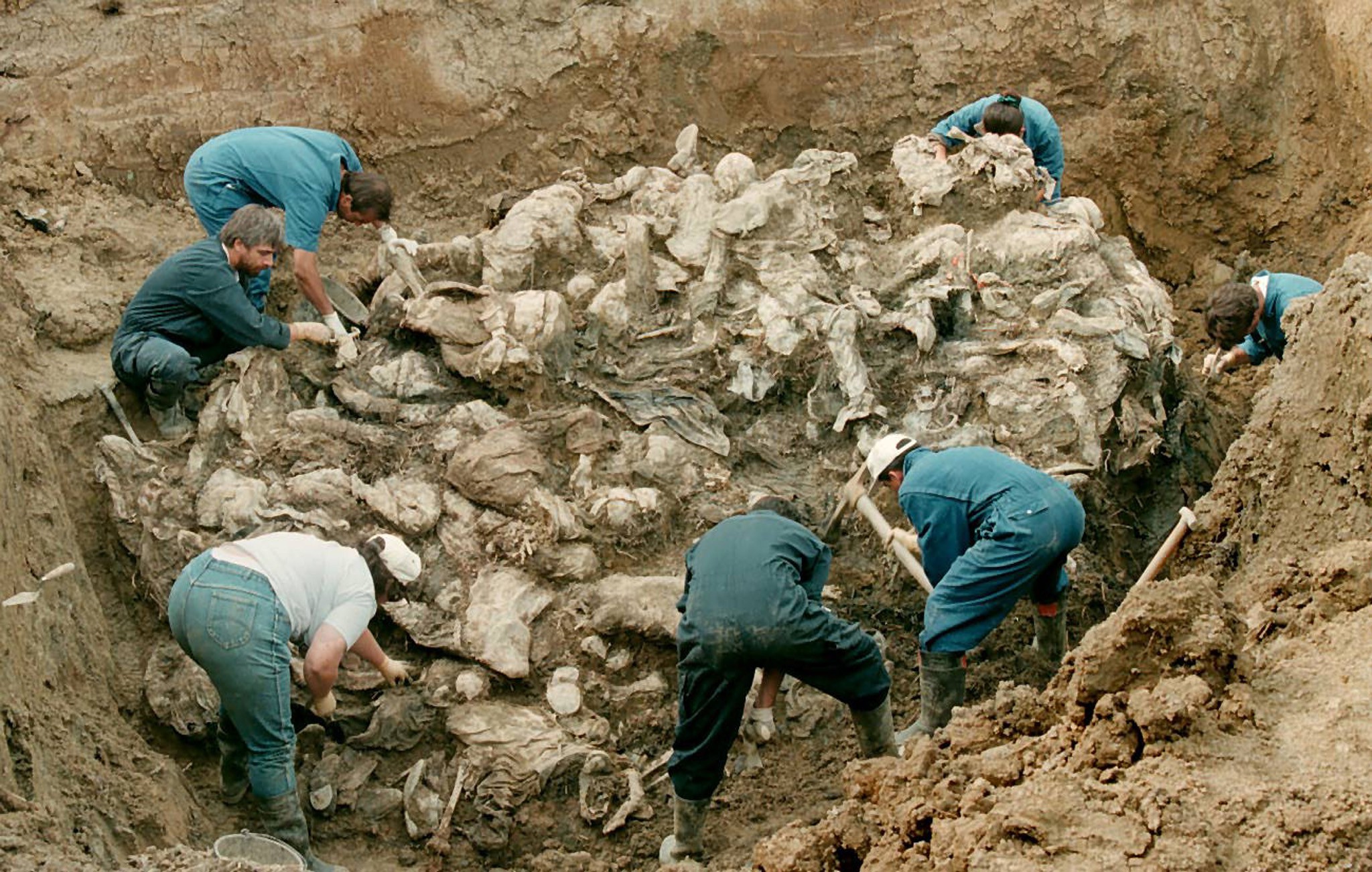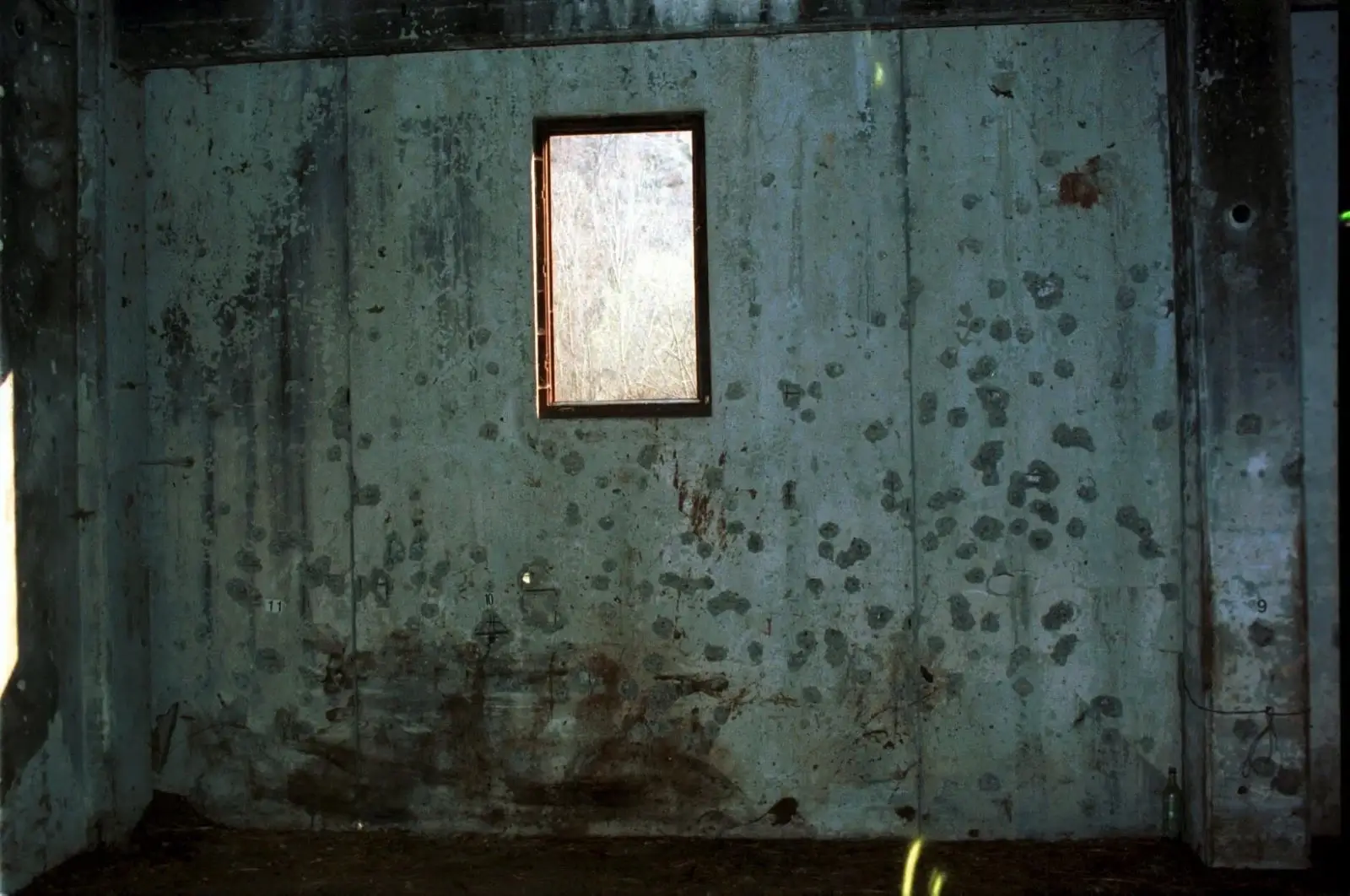In the hills above Sarajevo, in the small town of Pale, there is a university dormitory named after Radovan Karadžić, the Bosnian Serb wartime leader who was sentenced to life in prison for the crime of genocide in 2016.
During the Bosnian war from 1992 to 1995, both the Bosnian Serb military and political leadership were headquartered in Pale, and it was in this relatively obscure town overlooking the Bosnian capital where they planned and ordered a genocide. To honour Karadžić by putting his name on a student dormitory is to revere a man driven to war crimes by ethno-nationalism. It is but one example among many of how genocide denial has become mainstream thanks to Bosnian Serb leaders in the Serb-dominated entity of Republika Srpska, where this denial is deep and pervasive.
Indeed, to what lengths will Bosnian Serb authorities go to implicate Serb youth in crimes committed before they were even born? Most, if not all, of the students who reside in the dormitory named for Karadžić are surely Serb, as Republika Srpska was largely “cleansed” of non-Serbs during the war. It is still rare for nonSerb students to study at Serb majority universities. Moreover, I find it impossible to imagine that any Bosniak or Croat student could step foot in a dormitory named for a genocidaire like Karadžić, just as I cannot imagine a Jewish student living in a dormitory named for Hitler.
Read articleSources
- Turčalo, S. & Karčić, H. (Eds.). (2021). Bosnian Genocide Denial and Triumphalism: Origins, Impact and Prevention. Faculty of Political Science, University of Sarajevo, in cooperation with Srebrenica Memorial Center and Institute for Islamic Tradition of Bosniaks.

.webp)





